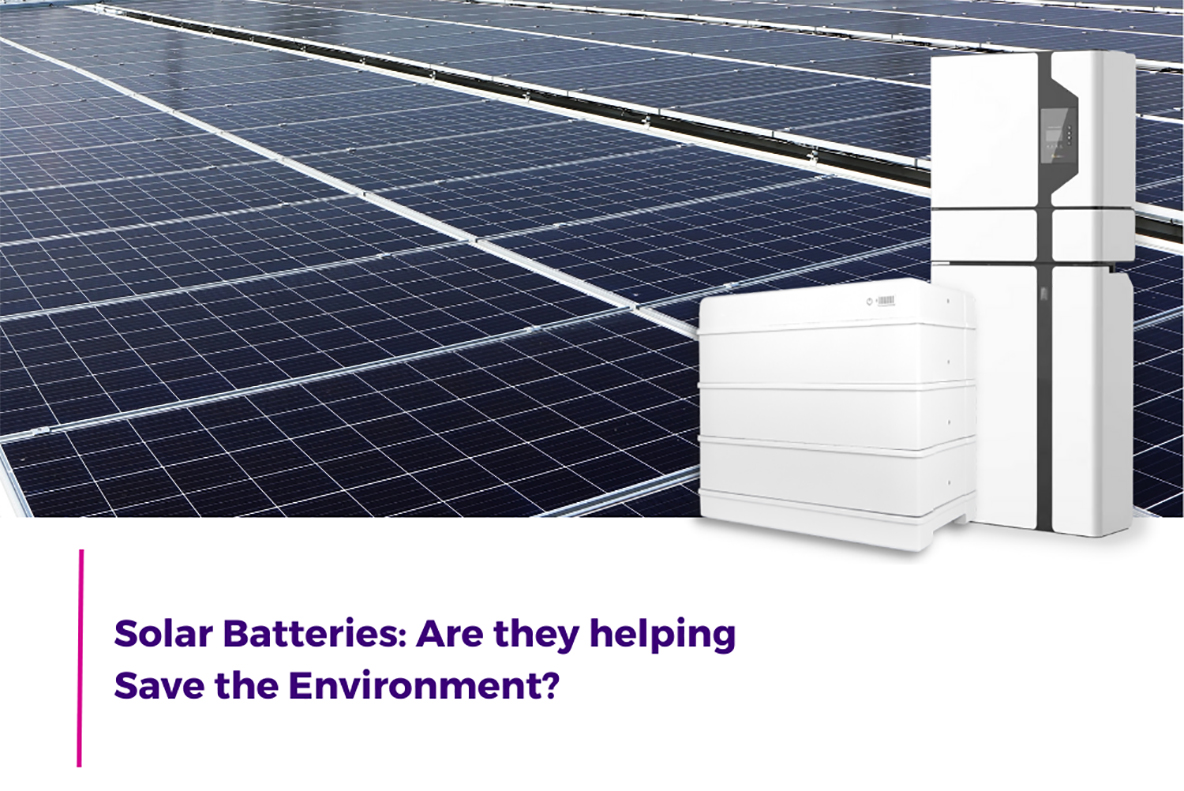Solar Batteries: Are they helping Save the Environment?

Solar batteries have gained popularity in recent times, with households opting for them as a means of storing excess energy generated by their solar panels. This allows them to be self-reliant and save money on energy bills while also reducing their carbon footprint. While the benefits of solar batteries are apparent, it is essential to examine whether their use has any negative impact on the environment.
The journey of a battery, from its inception to its usage, reveals a complicated story. While batteries are touted as an environmentally friendly energy source, their manufacture involves mining rare minerals such as lithium, cobalt, and nickel. The process of extracting these minerals is labor-intensive and requires the use of chemicals and a significant amount of water. Additionally, the mining process generates toxic waste, which contaminates soil and water, causing further damage to the environment.
Moreover, the mining process and battery manufacturing contribute to carbon emissions. For instance, extracting one tonne of lithium from hard-rock mines emits approximately 15 tonnes of CO2 into the environment. Similarly, the production of batteries requires high temperatures, which are obtained by burning fossil fuels, leading to the emission of CO2.
Finally, battery recycling also poses a challenge. While batteries serve their purpose during their lifecycle, their disposal can harm the environment if not done correctly. Therefore, the question arises whether batteries truly offset the carbon footprint and whether their benefits outweigh the harms.
However, it is important to consider the advantages of solar batteries. The expertise of solar professionals in choosing the right products and carrying out effective installations can improve the energy output from the panels, thereby optimizing their performance.
In conclusion, while solar batteries have their advantages, it is crucial to acknowledge their impact on the environment. Consumers and manufacturers alike must share responsibility in minimizing the negative impact of batteries on the environment. Additionally, efforts to find alternatives to battery manufacture and disposal must continue to ensure that the use of solar batteries contributes to the goal of reducing carbon emissions.
If such articles interest you, then you must stay tuned to read what our energy experts have to say about the ever-evolving solar industry. Think solar savings. Think Polygon Energy.
